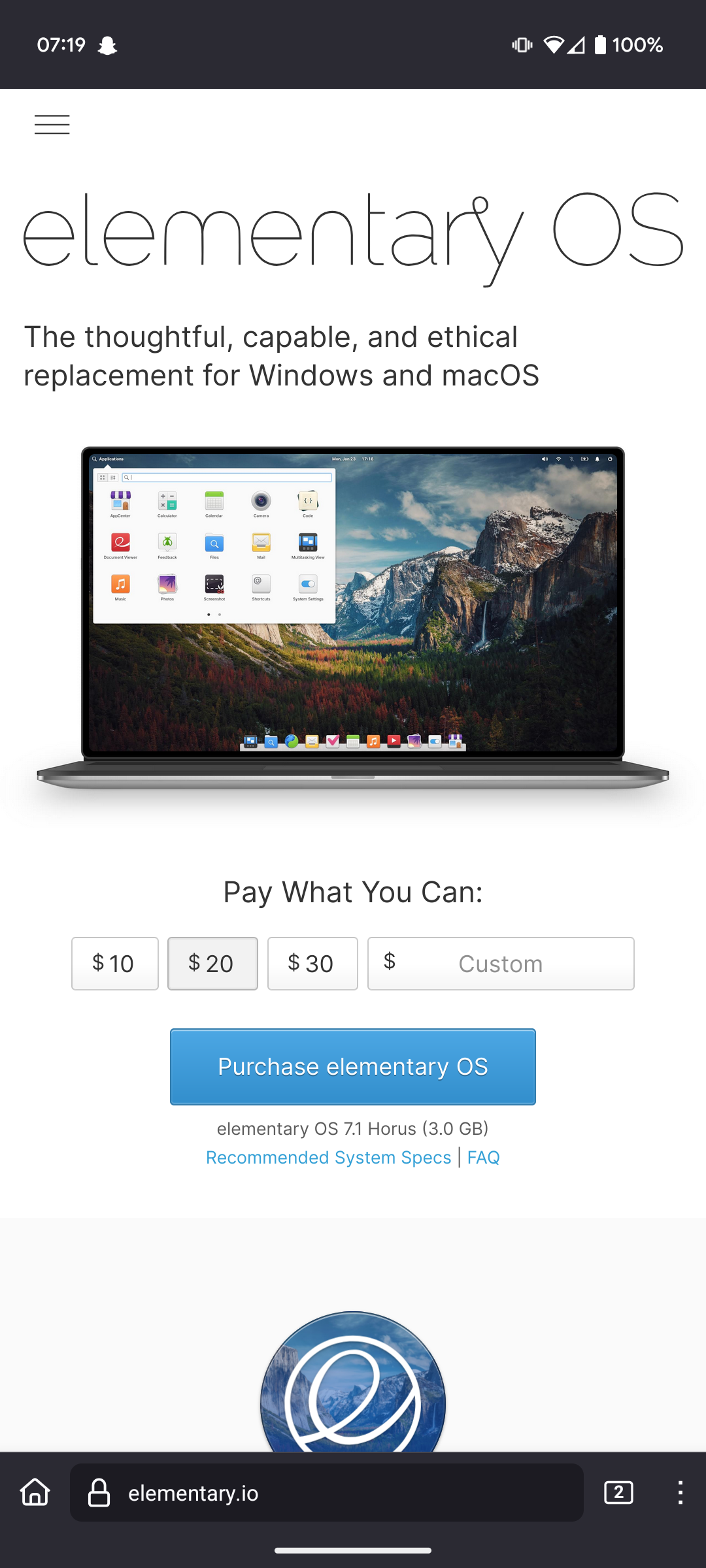Dead like any other Linux distro that is mainly a desktop.
The thoughtful, capable, and ethical replacement for Windows and macOS comes with a carefully considered set of apps that cater to everyday needs
Here's the issue, elementary OS is made for regular people who want a computer that works, an attempt at replicating macOS, and that same group of people need proprietary software like MS Office that isn't available under Linux. The alternatives won't cut it for people once they've to collaborate with other who use the proprietary stuff.
elementary OS is essentially a misguided marketing exercise where the founders / company failed to study and understand their target market.
